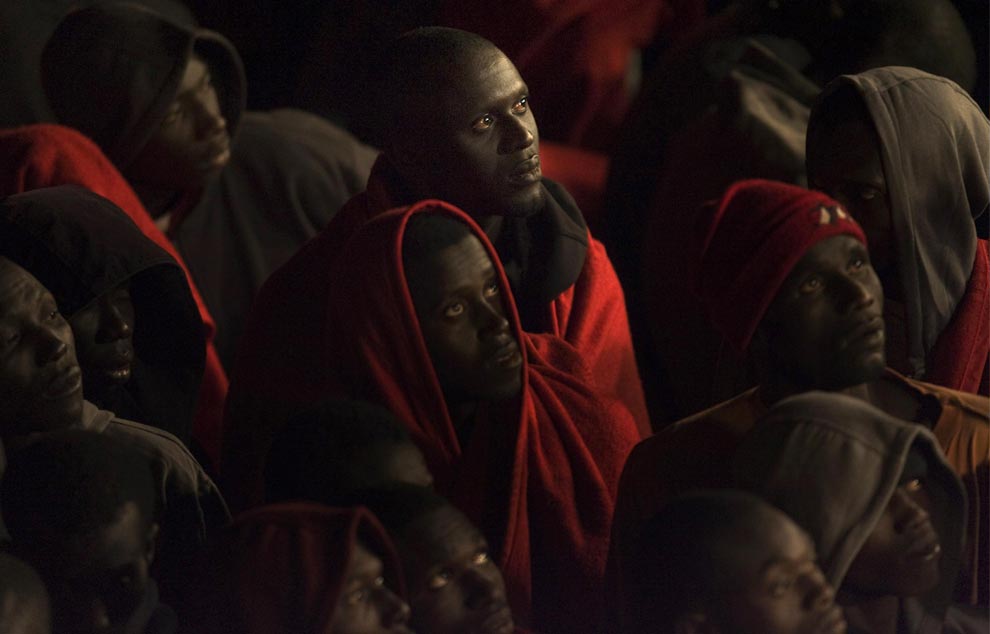A new report
released on Wednesday in Kenya by the International Organisation for Migration
(IOM) has revealed the plight of migrants in their countries of destination. According
to the 2013 World Migration Report
(WMR 2013), people who migrate to the south (low/middle income countries, such as, Third World Countries) feel
that their lives are worse off or similar to those of their counterparts in
their countries of origin.
The report
draws upon the findings of the Gallup World Poll data collected from 25,000
first generation migrants and over 440,000 natives from over 150 countries
between 2009 and 2011. Generally, it shows that those who migrate to the
North—these are high-income countries like the United States or the European Union— think that they are faring better than their
counterparts back home in terms of financial, career, subjective, social,
community and physical well-being. These include South-North and North-North
migrants. This is the opposite for migrants in the south.
However, the
WMR 2013 reveals that overall
financial situation of migrants is not as good as that of the natives of their
countries of destination. According to the report, North-North migrants are
less likely to be experiencing problems in meeting their basic needs unlike
South-North migrants.
Speaking at
the launch of the report at the Southern Sun Hotel in Nairobi, Deputy Director
for Immigration Services Joseph Munyoki said that the report highlighted the
need for stakeholders to rethink about migration. “This report highlights the
need for a rethink of migration. It is an important resource for the government
to implement the implementable within Kenya,” Munyoki said.
 |
| Mr. J.P. Munyoki from Immigration Services, shares a light moment with, IOM Regional Director, Mr. Ashraf El Nour during the official launch of the World Migration Report 2013 at the Southern Sun Hotel, Nairobi on Wednesday. |
Munyoki, who
was representing the Cabinet Secretary for Interior and Coordination Joseph Ole Lenku at the
function, also announced that the government was working on a national
migration policy with the assistance of IOM.
At the same
launch, IOM Regional Director, Mr. Ashraf El Nour announced a new initiative by
the organisation aimed at migration profiling in Kenya. “We are soon rolling
out a new initiative that will concern migration profiling in Kenya. Migration
profiling is important because Kenya is a central point for migrants moving to
the Southern region of Africa,” Mr. El Nour stated. The initiative is expected
to improve the country’s capacity for evidence-based policy making.
The WMR 2013 was originally released on 13
September 2013 in Geneva, Switzerland where IOM’s headquarters are situated. It
is the 7th report in a series that began in 2007; it focuses on
migrants as individuals and their well-being.
Its release
comes ahead of the United Nations High Level Dialogue (HLD) on international
migration and development to be held in New York from 3-4 October this year. The
meeting will provide a good opportunity for the international community to
align migration and development policies.
Also present
at the function were the Deputy Commissioner for Labour Joseph Yilda,
Labour Export Officer from the Youth Enterprise Development Fund Chrispine Wanyahoro and several
diplomatic corps among others.
The full report can be downloaded here























